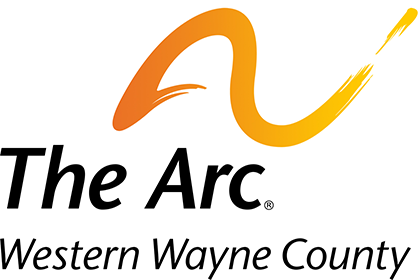The hallmark of Obsessive Compulsive Disorder is the presence of recurrent obsessions or compulsions that markedly distress or significantly interfere with a person’s life.
Obsessions are intrusive ideas or thoughts, and occur in more than half of people with Obsessive Compulsive Disorder. Fears of contamination are common, as are thoughts of harming others, praying, counting, and blasphemous or sexual thoughts.
Compulsions are repetitive intentional behaviors designed to neutralize discomfort, and also occur in more than half of people with Obsessive Compulsive Disorder. Rituals such as cleaning, hand washing, arranging items, and checking things are common.
Obsessive Compulsive Disorder is continuous in about 85 percent of people who have the disorder. Up to 80 percent of people with Obsessive Compulsive Disorder suffer from depression, anxiety, substance abuse, or work disability.
Patients with Obsessive Compulsive Disorder usually use their family care physician to refer them to a psychiatrist or psychologist for their mental health care.
Treatment for Obsessive Compulsive Disorder is usually a combination of therapy and medication. Flooding therapy is a sudden and intense exposure to objects of fear until anxiety dissipates, and may be helpful for people with Obsessive Compulsive Disorder. Drug therapy is helpful in people who are purely obsessional, have a history of substance abuse, or cannot benefit from behavioral therapy.
If you feel you may have Obsessive Compulsive Disorder please contact your family care physician as soon as possible. If you would like more information please visit www.ocfoundation.org.
Phone code: 1756

Recent Comments